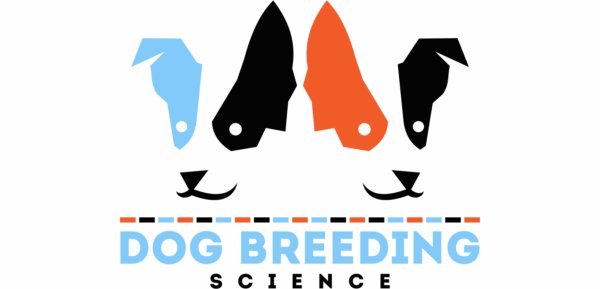Labrador centronuclear myopathy (CNM)
Summary
Puppies born with this type of centronuclear myopathy (the Labrador type) appear healthy at birth but develop problems that become increasingly clear as they mature. The most common sign of problems is the dog being smaller and weaker than its littermates, because this disorder affects the muscles. As the dog grows it may move awkwardly and struggle or collapse in cold weather.
Some dogs are more severely affected than others. They can have difficulty swallowing and frequently regurgitate, which in turn causes more problems.
Centronuclear myopathy (the Labrador type) is an autosomal recessive disorder. Autosomal disorders are equally likely to affect male or female dogs, while "recessive" means that the dog needs to inherit the CNM gene from both parents to be affected.
Gene or region and technical reference
Gene: PTPLA (causative). Reference: Pelé et al., 2005, Maurer et al., 2012
Reported alleles
n. Test developed using artificial DNA, animal controls.
CNM. Test developed using artificial DNA.
Panels: groups of tests that are often ordered together
This test is not in any panels.
